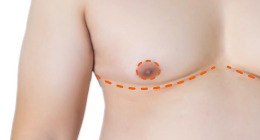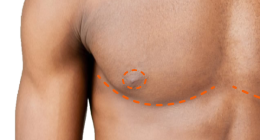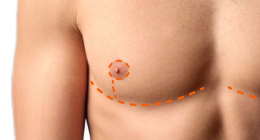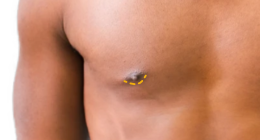Is Stopping Testosterone Before Top Surgery Really Necessary?
New Study: Little Evidence Linking Testosterone To Surgery Complications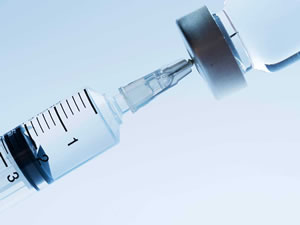
Many Top Surgery surgeons require patients to stop testosterone 1-2 weeks before Top Surgery, and some surgeons also require that the next scheduled dose be delayed by an additional week or two after Top Surgery. The reasoning behind this is two-fold:
-
Some studies have shown a correlation between testosterone levels and delayed wound healing;
-
Testosterone tends to thicken blood, and thicker blood increases the risk for post-operative blood clots (deep vein thrombosis.)
However for some people, stopping Testosterone has a big pay load, usually in terms of mental health and energy levels. This begs the question: Is there really sufficient evidence to support routine discontinuation of Testosterone in patients seeking Top Surgery?
A new review study has revealed that there's actually little evidence to support the practice of stopping Testosterone prior to Top Surgery. The analysis was conducted by Boston Children's Hospital and included 18 studies assessing operative risks associated with the use of various hormones. Most of these studies looked at risks among the general population because there's limited data available solely on the transgender population.
In reviewing surgeons' policies and protocols, researcher Elizabeth Boskey noted that the vast majority of surgeons required individuals to stop hormone therapy for a period before and after surgery.
"Since I'd spoken to many transgender people about how dysphoric and generally unpleasant this was, I suggested looking at the evidence to see if stopping hormone use was actually necessary," she explained.
One retrospective cohort study that exclusively looked at transgender men found that testosterone was not tied to an increase in complications during Top Surgery. There was a slightly higher risk for hematoma in those who continued testosterone at the time of surgery but it was not statistically significant.
Noting a lack of data, the researchers ultimately recommend that the risks and benefits should be weighed on an individual basis until further research is available. To address these lingering questions about hormones and surgery, Boskey is designing a study.
If stopping Testosterone before Top Surgery is not a good option for you then you can rest assured that there's actually some evidence that testosterone helps with the prevention of post-operative deep vein thrombosis and also eases pain from incisions.
Have questions about stopping Testosterone before Top Surgery? Leave a comment below!
Related: Is Long-term Testosterone Treatment Safe? - TransGuys.com
Last updated: 04/26/19
